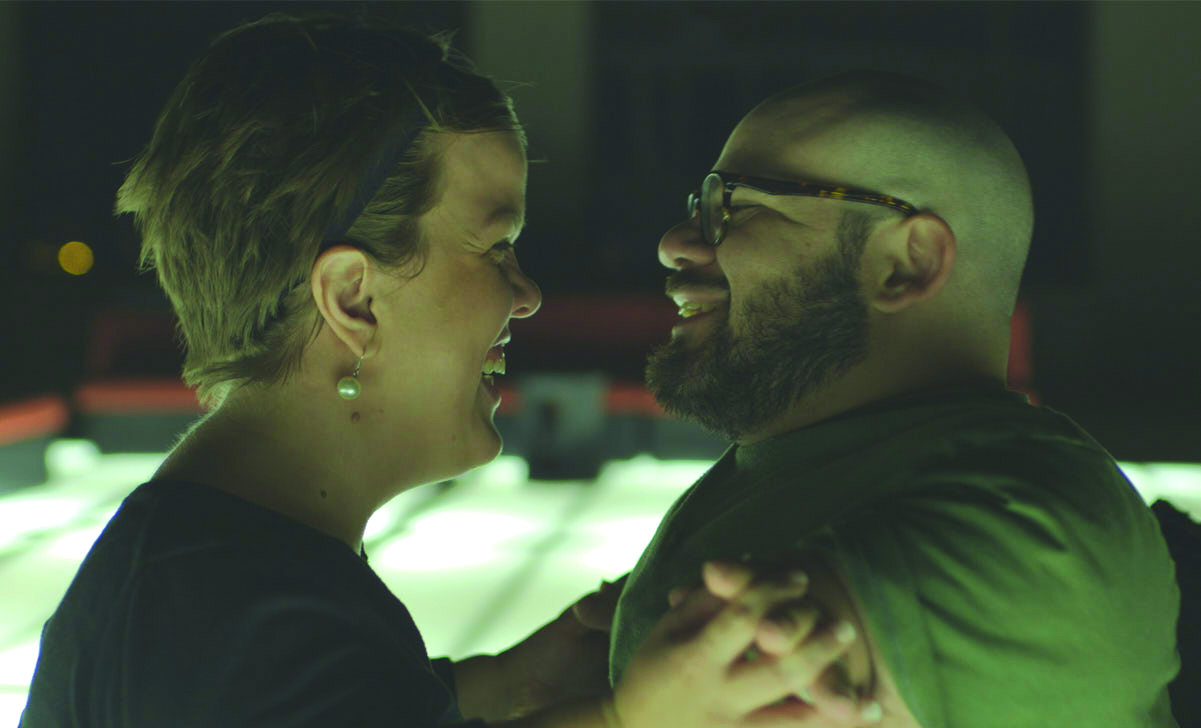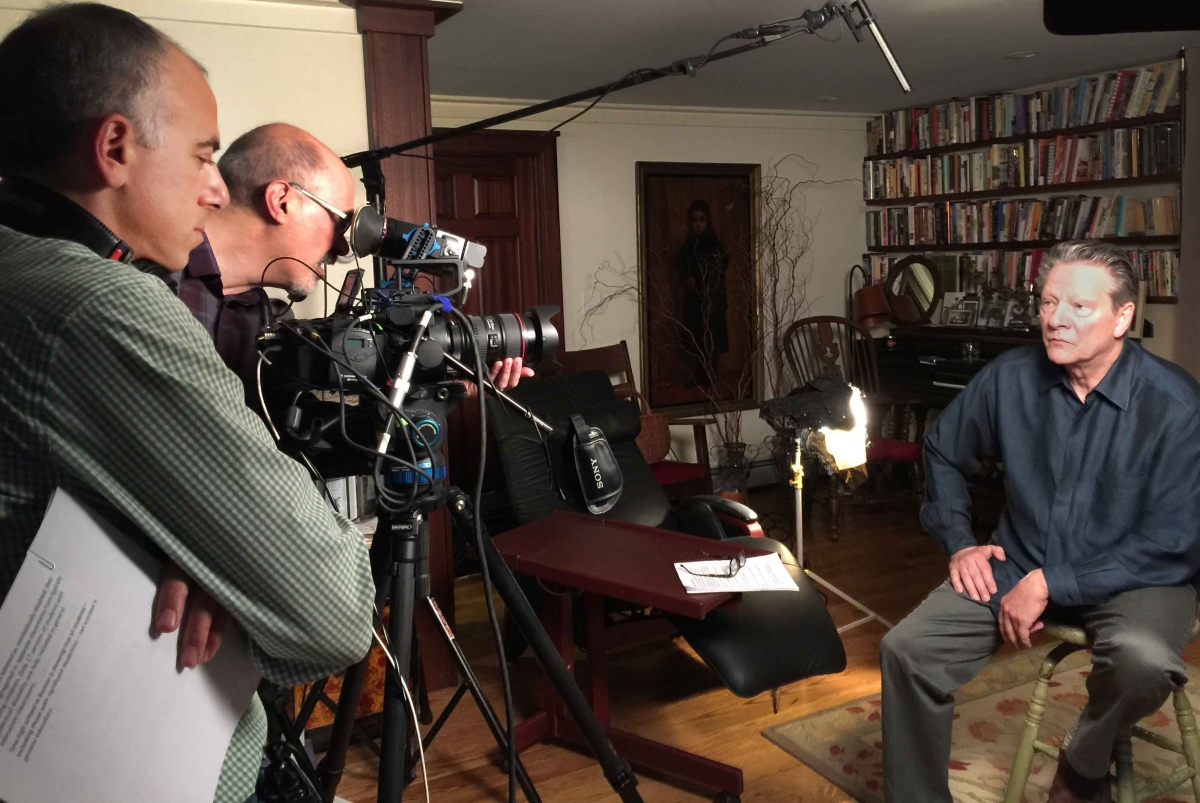ReelAbilities Film Festival is an annual event that promotes the awareness and appreciation of the lives, stories and artistic expressions of people with different abilities. This year’s event, which runs March 26 through April 3, opens and closes with two thought-provoking documentaries: “Far From the Tree” and “Intelligent Lives.”
“Far From the Tree”

Solomon knows a thing or two about the upset parental disappointment can cause for a child. When he came out as a teenager, his parents, particularly his mother, characterized his homosexuality as a “catastrophe.” Solomon, who is brilliant, gracious and generous, tells his story in pieces throughout the documentary. It’s a story that will alternately break your heart because of the injustice of it all and move you to tears because of its beautiful ending. Forty-one-year-old Jason has Down syndrome and requires full-time care. But in the 1970s, Jason defied expectations of what a Down syndrome child looked like. He learned to read and write and count. He was a media star who appeared on “Sesame Street.” Jason could do anything a typical child could do, until he stopped developing. His mother is candid about her sadness over her son, who now lives with two similarly abled roommates and is fixated on the Disney movie “Frozen.” Loini is a sweet 23-year-old woman born with dwarfism. She feels isolated until she attends a Little People of America convention, where she is thrilled to see people like herself. At that same convention, the audience encounters Leah and Joe, little people who met a few years before at such a gathering and married. The two want to have a child, and in what is perhaps the most interesting and thought-provoking segment of the film, they bandy about ideas over whether they want their child to resemble them or to be born “normal.” The overarching question that lingers is what constitutes “normal.” Jack was a happy, outgoing toddler until he was diagnosed with severe autism. While Jack’s tantrums turn dangerous, his dedicated albeit exhausted parents never give up on trying to communicate with him. They eventually break through to their son, who learns to type short messages on a computer. His loving mother, on the verge of tears, says she never doubted her son was somewhere inside his body. The fourth case study is problematic and begs the question of whether it belongs in a documentary in which the stories are biologically oriented. Trevor, who was sentenced to life in prison as a teenager for killing an 8-year-old boy, fits awkwardly in this group portrait. It’s as if the filmmakers wanted to shoehorn the nature-versus-nurture argument into the documentary. Trevor’s parents are loving people whose oldest child committed a senseless, heinous murder, for which there is no answer. “Intelligent Lives” This documentary profiles three young adults who would have had a decidedly different life just 25 years ago. Naieer is a talented artist who has been mentored at the Dorchester public school he attends. Naieer is African-American, and his parents’ chief concern about their autistic son is that his stature and tendency to flail his arms or become easily frustrated might have tragic consequences in an encounter with law enforcement. Naomie, who has Down syndrome, is 25, with no apparent life skills. She spent years at a Rhode Island vocational school that exploited its students and paid them virtually nothing for their work. The audience meets Naomie at the Rhode Island state capitol working at a coffee cart. Despite coaching from a dedicated jobs counselor, Naomie has difficulty making change. She obviously needs a different job placement. Soon after, she finds worthwhile employment at a beauty school assisting the hair stylists. Micah is 32 and studying at Syracuse University for a non-degree certificate in special education. Of the three young people in the film, Micah is the most independent. He lives with a roommate, takes mass transit to class and explores his dating options. He’s even on a dating site until his roommate convinces him it’s not the right venue for him. Instead, he begins seeing Meghan, who is also intellectually disabled. Although Meghan is smitten with Micah, it’s unclear how he feels about her. What comes across clearly is that these three young people have strong support networks that offer them options for viable futures. That was not the case in the mid-20th century. Cooper points out that intelligence, or IQ, testing was so popular at the time that it tragically sent many people to institutions where they were forcibly sterilized and abused. Strong parental advocacy that began in the 1950s eventually changed the climate that led to landmark legislation, such as the Americans with Disabilities Act of 1990. Find information and tickets here.
Related

Related





